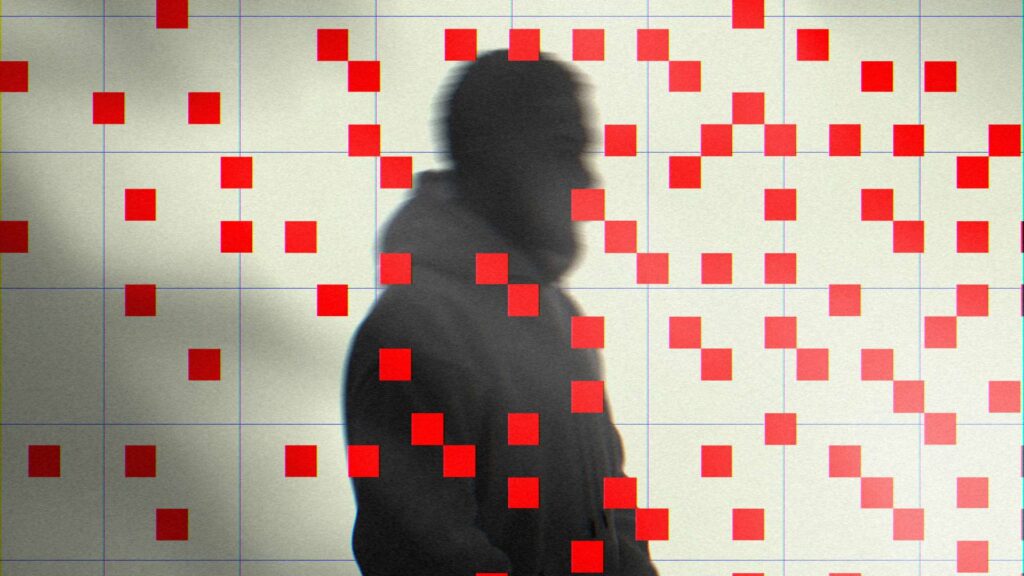In 2020, Robert Williams was wrongly arrested after facial recognition software mistakenly identified him as the person responsible for a 2018 shoplifting spree. Police in Detroit, Michigan, detained Williams for more than 30 hours, even after making it clear he was not responsible for the crime.
Williams eventually sued. The case was settled last month and Williams will receive $300,000 for wrongful arrest.
according to a Amended complaint The Detroit Police Department’s decision to seek an arrest warrant for Williams was based largely on the results of an investigation using facial recognition technology in an application filed last year.
The complaint alleges that officials should have known immediately that the facial recognition software’s results were unreliable. “The surveillance footage was dimly lit, the thief’s hat obscured his face, and the thief never looked directly into the camera,” the complaint states. “There is ample evidence that facial recognition technology is flawed even under the best circumstances. And it’s unreliable. This is partly why many jurisdictions ban the technology.” The lawsuit adds that facial recognition technology is “particularly unreliable when trying to identify Black people,” which could have led to Williams, who is Black, being misidentified.
Despite these flaws, the detective who conducted the investigation, Donald Bussa, relied almost entirely on facial recognition software and did not even investigate Williams’ whereabouts at the time of the crime (Williams was driving home from work outside of Detroit at the time). There were also no interviews with the employees who discovered Williams.
Instead, Busa took shockingly shoddy steps to confirm Williams’ liability. Busa “prepared a photo of the six individuals using Mr. Williams’ then-valid driver’s license photo and five other photos” and then presented the lineup “to a security consultant representing Williams.” [the store] He was not even in the store on the day of the crime and had only seen the same grainy surveillance video owned by defendant Busa.
After Williams was arrested, he was held for several hours before being interviewed by police, according to the indictment. After he was interviewed, the case against him quickly fell into place. When police showed Williams a photo from the store’s surveillance video, Williams held it next to his face and said, “That’s not me at all. Can’t you all see that?”
Even after police realized they had the wrong man, Williams was released eight hours later. It took nearly two weeks for the charges against him to be dropped.
Williams submitted a litigation 2020 case against Detroit police. take over According to the Associated Press, the amount of compensation is $300,000. As part of the settlement, the Detroit Police Department also agreed to audit all cases in which facial recognition technology was used to generate investigative leads that led to arrests or warrants.
“We’re very excited that there will be more safeguards for the use of this technology in the future, and we hope to live in a better world as a result,” Williams said. Tell reporter last month. “Although we hope they don’t use it at all.”

